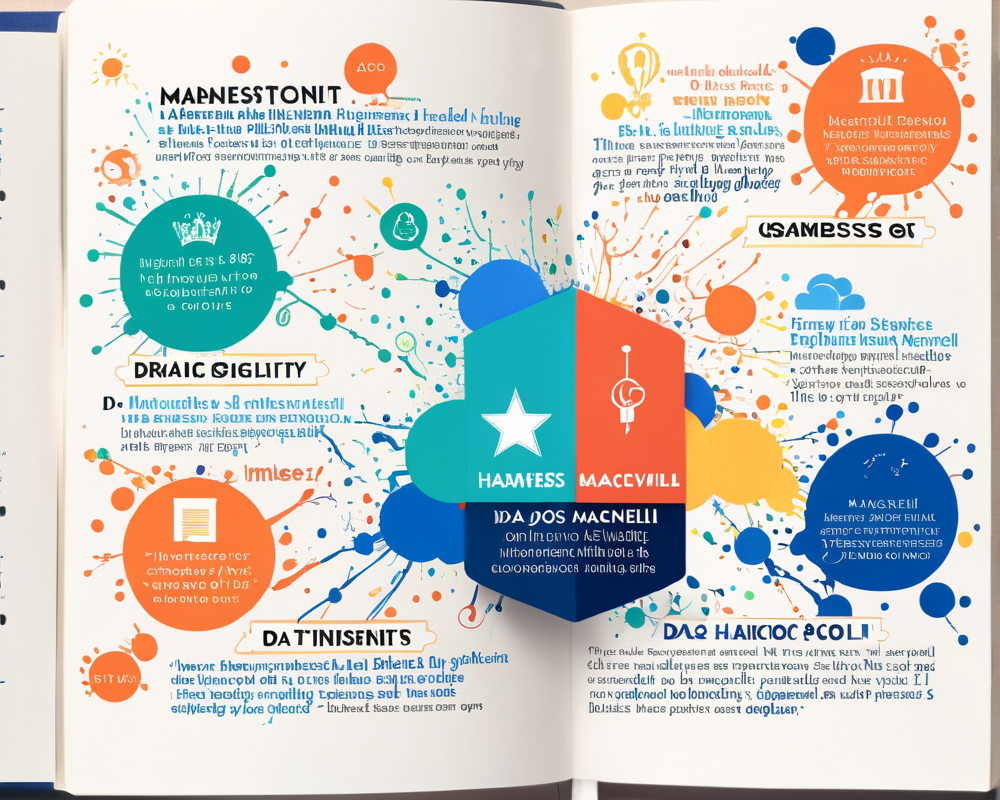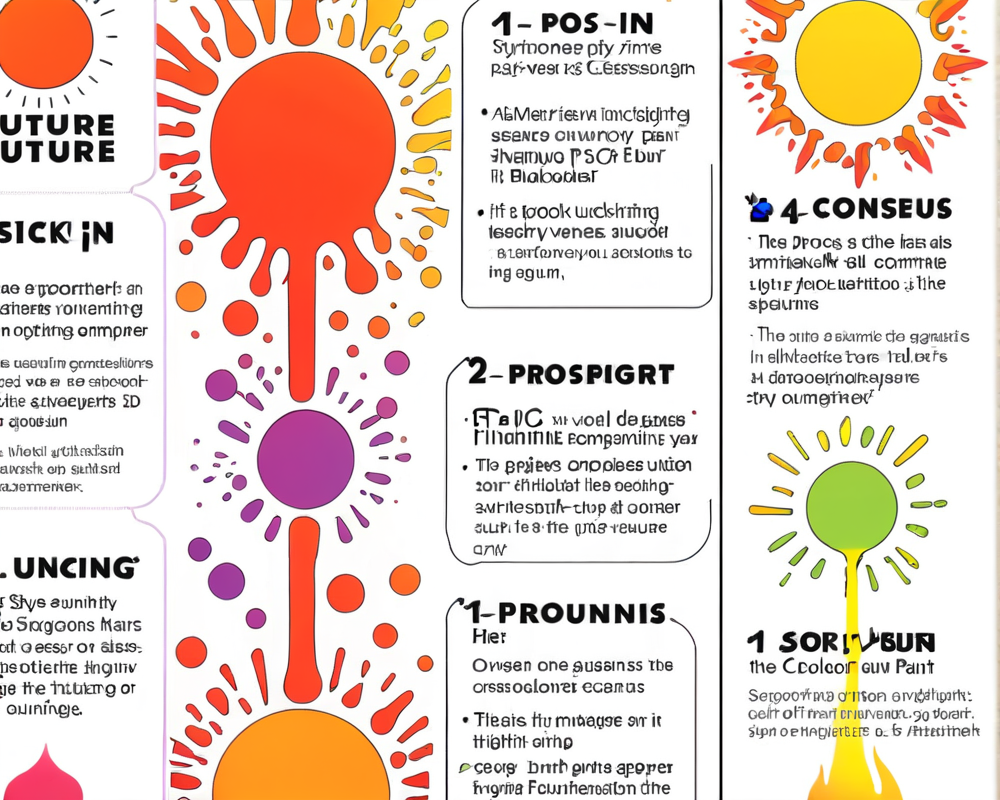Unraveling the Wisdom of Machiavelli
Seemingly a relic from the Renaissance, the teachings of Niccolò Machiavelli resonate with modern issues, particularly in decentralized governance. It’s not every day you find a political philosopher in the boardroom of crypto discussions, yet here we are. Machiavelli, an Italian political mastermind known for his pragmatic insights, is making waves in the realm of decentralized autonomous organizations (DAOs). Who would’ve thought a guy from the 1500s would have the key to our governance troubles today?
Navigating Autocracy in DAOs
Miles Jennings, the general counsel at a prominent venture capital firm, argues that we can sidestep the pitfalls of autocracy by applying Machiavellian principles to DAOs. Surprise, surprise! One major takeaway is that organizations tend to gravitate towards autocratic structures. To counterbalance this, DAOs should consider limiting governance processes by delegating more authority to clients or third-party layers. Think of it as a way of reducing the governance burden—plucking out the weeds to let the flowers bloom.
- Minimize governance requirements to improve efficiency.
- Facilitate client involvement to disperse decision-making.
Creating Equilibrium with Bicameral Governance
Just like the U.S. Congress operates with two houses, Jennings suggests that DAOs adopt a bicameral governance system. This strategy allows for a balancing act among various leadership classes and ensures that emerging leaders can challenge the status quo. The last thing we want is a stagnant leadership group, right? Constant opposition keeps things fresh—think of it as a power salad, tossed with a bit of spicy competition!
Churn for Change
In an effort to channel Machiavelli’s wisdom, DAOs should encourage a “churn” that allows new leaders to ascend the ranks. Jennings emphasizes that such a shift must be enforced because current leaders might resist it to preserve their own positions. The whimsy of human nature, right? Leaders maintaining their cozy little thrones aren’t just a problem for DAOs; it’s a universal truth!
Implementing Accountability Mechanisms
Finally, Jennings advocates for accountability by suggesting implementing lockup mechanisms for stakeholders. If the masses struggle to keep their leaders accountable, then DAOs should create structures that foster greater responsibility. Just as Machiavelli argued for the ends justifying the means, it’s crucial to ensure that mechanisms promoting accountability exist to prevent potential chaos.
Conclusion: The Future of DAOs
With all that said, Jennings beautifully boils it down: decentralization is key. By embracing Machiavellian strategies that encourage competition and reduce censorship, DAOs can thrive, promoting liberty and progression. So, in the great game of governance amidst tokens and ledgers, let’s channel our inner Machiavelli—minus the cutthroat ruthlessness, of course!



